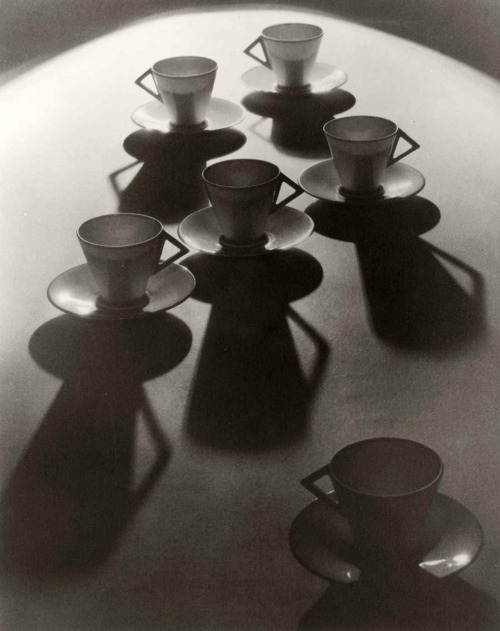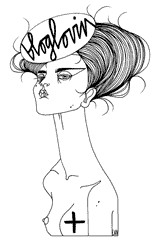What is it about certain songs that touch one so deeply? With some it’s the lyrics, others have such a beautiful melody, or even just the tenderness in the voice of the singer. For me, there are a few, just a few, very special songs that I know, whenever I listen to them, will move me. I’ve never actually shed tears solely from listening to a song, but some bring me very close.
Some songs hold a connection to someone we know, the subject and lyrics may remind us of someone in our family, which means that the song automatically connects to that person in our head. An example would be Handbags and The Gladrags. I find this song so incredibly sad, because it makes me think of my own Grandad and the line ‘That your poor old Grandad had to sweat to buy you’ makes me think of all the sacrifices my Grandad has made to give me things I wanted over the years, and how hard he worked to do it. Some connections are less obvious. For example, (another Rod Stewart song, sorry) in Maggie May, there is a line; ‘The morning sun when it’s in your face really shows your age.’ The line always makes me think of my Dad, and how he’s ageing but still wants to be young, and the injustice of growing old, hanging on to youth.
Sometimes songs remind one of a time and place, a period in one’s life. For example, two songs will always remind me of the phone call that told me I’d been accepted into University. Immediately after I’d put the phone down, I played Last Night and Someday, both by The Strokes, to celebrate, and those two songs will always take me straight back to that moment of elation and pride. Similarly, a group of songs will always remind of a certain summer that I spent in my flat, shut away behind closed curtains, which I will always think of as the summer when I found myself and learned to write.
I mentioned, at the start of this post, tenderness of voice. Some songs have an emotional power, for me, because of a quality in the singer’s voice. Examples of this would be Last of The Ladies, or any song really, by The Courteeners, because of the gentleness and touching quality of Liam Fray’s voice. All of their songs are excellent, and almost all of them are beautifully moving, because of his voice. Similarly, Pete Doherty. Many of the songs Doherty sings with The Libertines, Babyshambles, or on his own, have a euphoric and celebratory note, and are uplifting. I happen to think that almost all of them are fantastic music. Some of them, a small selection, are more sedate and take on a beautifully poetic and almost heart-breaking quality. An example would be For Lovers, which is Wolfman featuring Pete Doherty. This song is so sad in the tone, audibly, and incredibly sung. Last summer I was out walking on my own with the dog and I turned off the path onto the Heath, near where I live. I was surrounded by a vast expanse of fields on one side and a view over the river and fields full of horses on the other. As I set off, veering slightly downhill, with the sun setting in a flare of gold and orange and green, over the fields, For Lovers came on my Ipod, and it took my breath away. The beauty of the moment, and the sound of the song, was magic.
Just over a year ago I went to the funeral of an eighteen-year-old boy, who was a very close friend. This young man was devoted, in a way you can’t imagine, to music. He spent any time he had travelling down to London for gigs. His heroes were Morrissey, Robert Smith, and Pete Doherty. He’d shook Morrissey’s hand, and was a regular visitor to Pete Doherty’s gigs and flat, and was on friendly terms with him. There is a video of him playing the guitar while Pete warbles through Heaven Knows I’m Miserable Now. The funeral was a very religious, catholic ceremony, and nothing in the service moved me that much. Aside from feeling undeniably devastated at losing this friend, I didn’t actually cry all the way through the ceremony, until it ended, and I heard the first few notes of Music When The Lights Go Out by The Libertines. Nothing else in the service had spoken about this person as an eighteen-year-old lad, or even as a human being. The service talked about God and heaven, but nothing personal. When this song started playing, I felt suddenly that it was Dale’s funeral. Since then, the song will always be special to me, even more than it was before.
In the way that smells can take me back to a memory, or a time and place, and make me instantly remember where I was and what I was doing, create a picture in my mind of a specific situation, music takes me instantly back to specific emotions, and recreates that feeling deep inside me, every time I hear it.





























Recent Comments